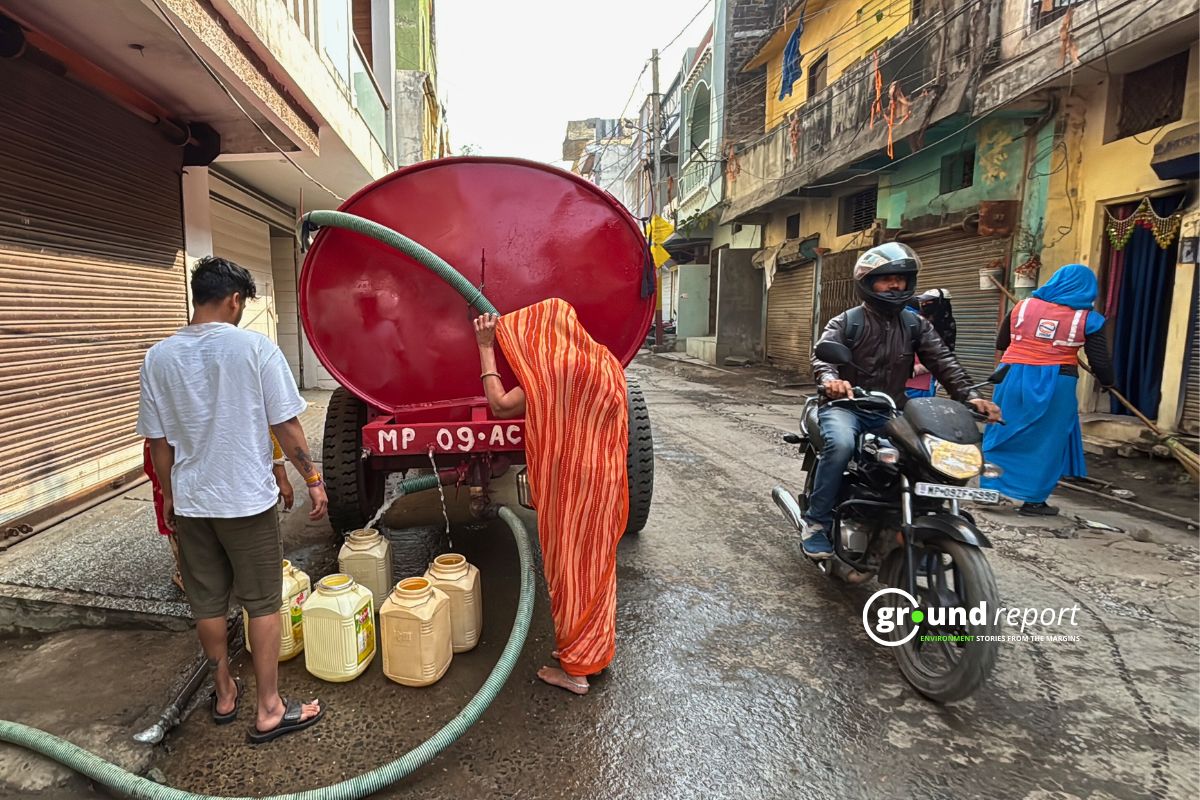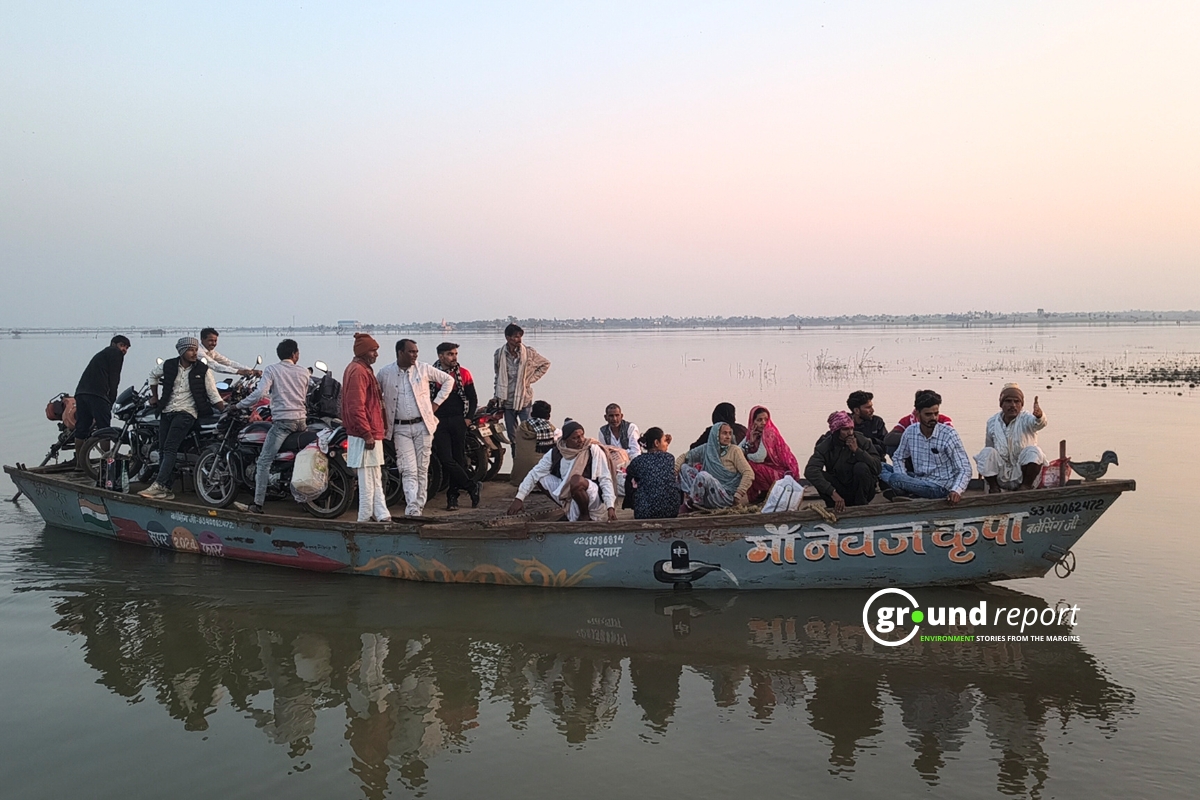A sudden hailstorm struck Pakistan’s capital on Wednesday, turning a hot afternoon into chaos within minutes. The sudden blast of large hailstones and fierce winds damaged hundreds of vehicles, shattered solar panels, and knocked out power across several areas of Islamabad.
The hailstorm began around 4 p.m., starting with strong winds followed by large hailstones that rained down across central and residential areas. Vehicles parked in the open were the worst hit. Windscreens cracked, car roofs dented, and side mirrors broke under the force of the hail. In commercial hubs like Blue Area and residential zones like G-6, G-9, and F-10, the damage was severe.
Solar panels installed on rooftops—popular in the city for backup power—took a major blow. Many were shattered or dislodged, leaving homes and businesses facing extended power cuts. Flash flooding in some low-lying areas added to the chaos, disrupting traffic and blocking roads with water and fallen trees.
The city’s administration responded quickly. The Islamabad Deputy Commissioner’s office said municipal teams were working on clearing roads, draining water, and assessing damages. “There are reports of broken windows in homes and vehicles across various sectors. Traffic police are on duty to ensure flow,” the office said.
Unlike Islamabad, the adjoining city of Rawalpindi remained mostly dry. Even Bahria Town, which sits on the edge of both cities, saw minimal rainfall. This contrast highlighted how hyperlocal and sudden the storm was.
At Faisal Mosque, wind and hail caused visible damage to parts of the structure, adding to the shock. In public parks, children were seen running for shelter as the storm hit without warning. Videos on social media showed people stuck in traffic, unable to move as hail battered their vehicles.
Former climate minister Sherry Rehman described the event as “insane,” posting on X that the hail came down “like pellets.”
The Pakistan Meteorological Department had forecast rain and wind for the northern regions from April 18 to 20. But this storm arrived early and turned out to be far more severe than expected. The temperature dropped sharply, bringing temporary relief from the heat, but the cost was high.
In the aftermath, vehicle repair shops and spare parts markets like ‘Sultan da Khuh’ in Rawalpindi are preparing for a spike in demand. Car owners are already lining up for windshield replacements, denting, and painting services.
This rare weather event has raised fresh concerns about the city’s ability to cope with sudden climate shocks. Experts are calling for stronger infrastructure and better early-warning systems to reduce future damage. For now, residents are counting the cost and cleaning up the mess left behind.
Support us to keep independent environmental journalism alive in India.
Keep Reading
‘Forever Chemicals’ found in all the world’s toilet paper
Trump shuts down staff helping families pay heating bills
Full list of words banned by Trump, including ‘Climate Change’
Oil companies seek Trump’s help to fight climate lawsuits & regulations
Follow Ground Report on X, Instagram and Facebook for environmental and underreported stories from the margins. Give us feedback on our email id greport2018@gmail.com.
Don’t forget to Subscribe to our weekly newsletter, Join our community on WhatsApp, and Follow our YouTube Channel






